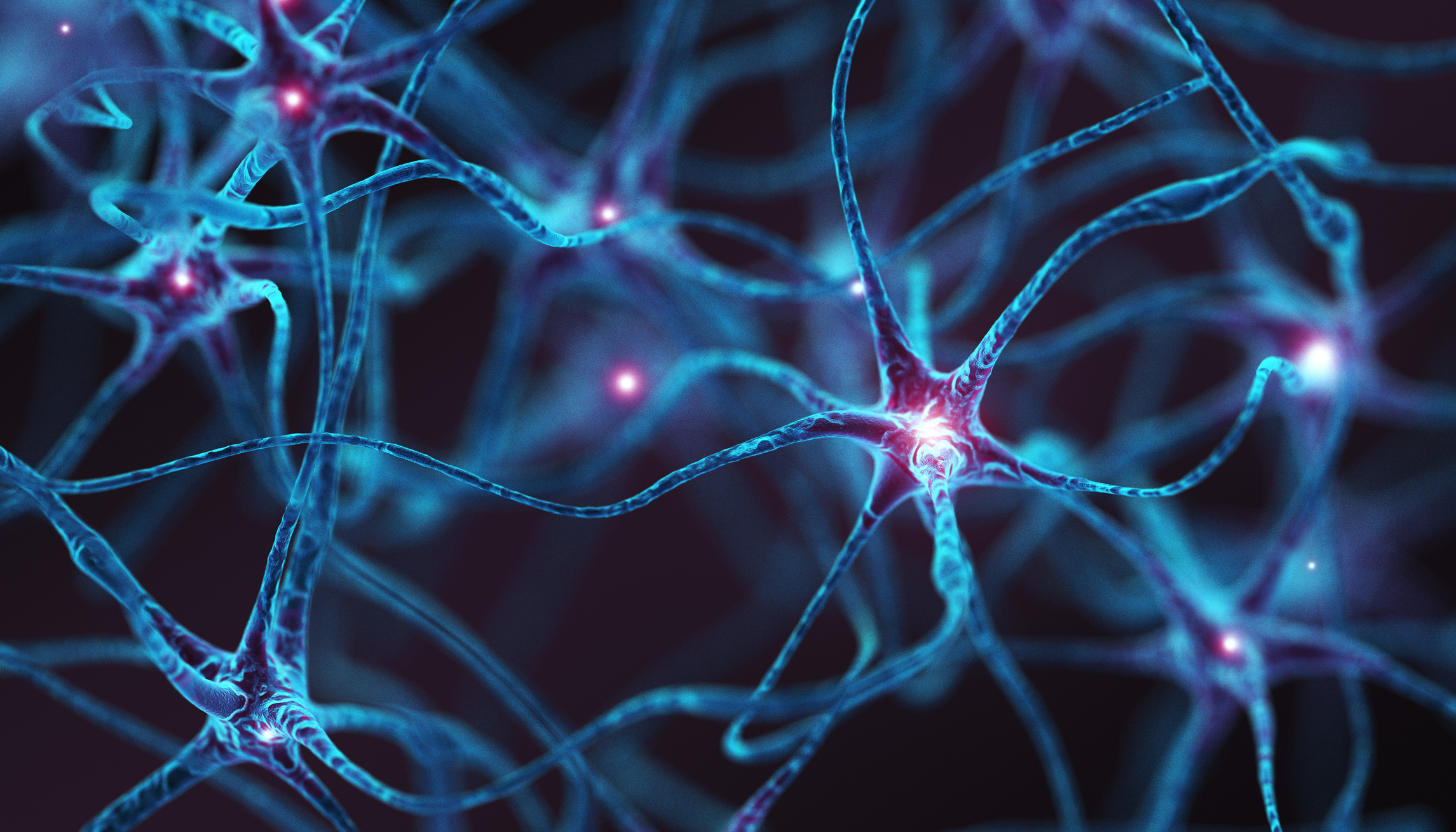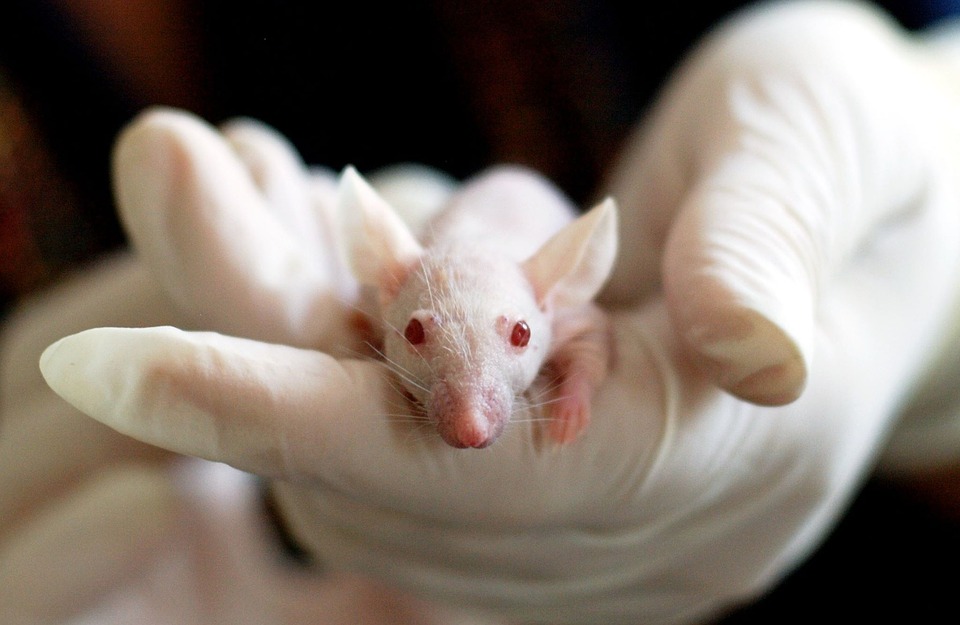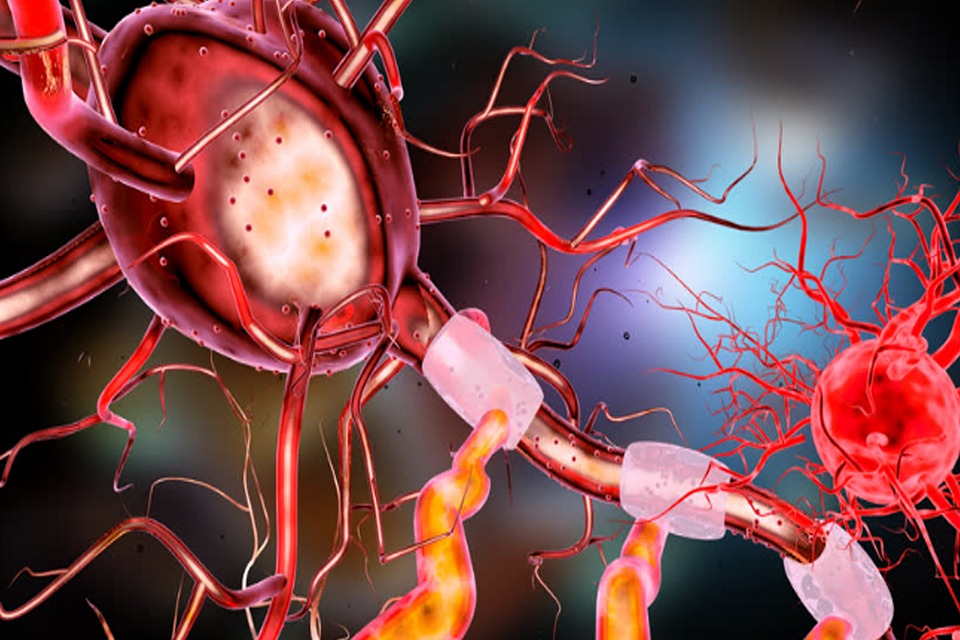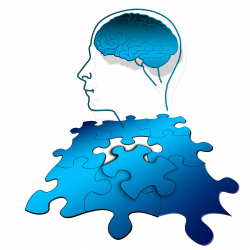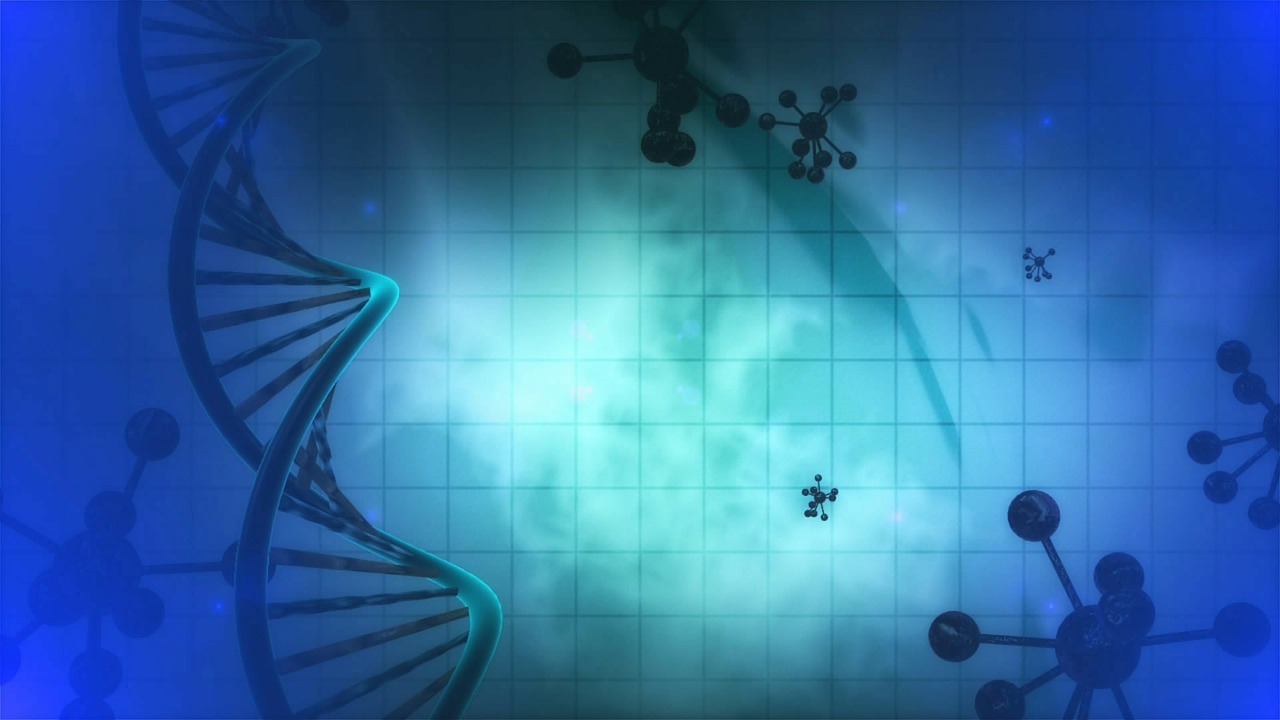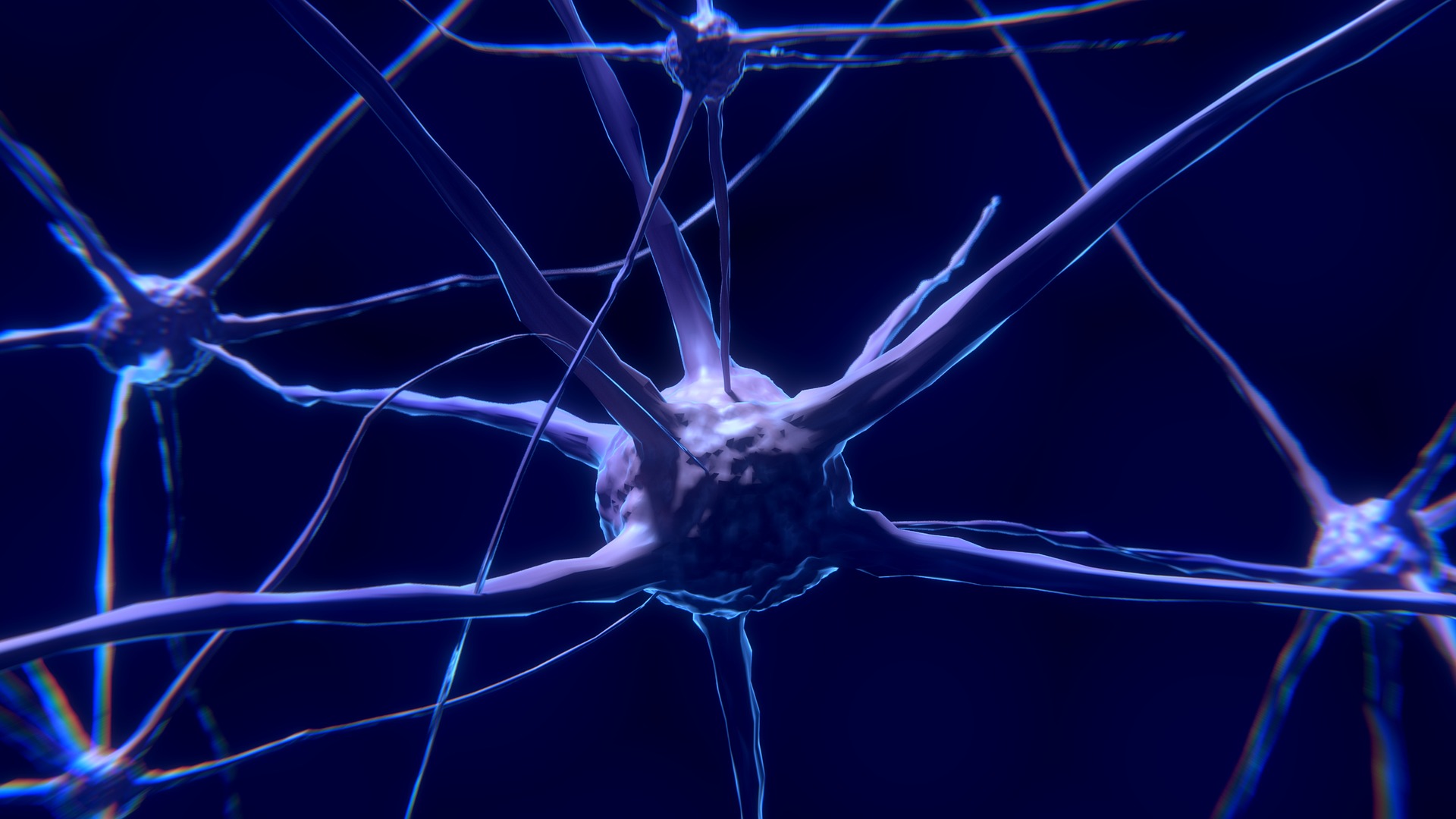Rapid-Acting Mental Health Treatment Summit Aims to Lead the Conversation on What’s Next in Mental Health
November 1, 2023 – BrainFutures, a national nonprofit dedicated to advancing practical applications of new scientific understanding of the brain, will co-host the upcoming Rapid-Acting Mental Health Treatment 2024 (“RAMHT 2024”) an in-person event on January 7th, 2024 in San Francisco. RAMHT 2024 will be jointly led by Dual-boarded Child and Adult Psych...


